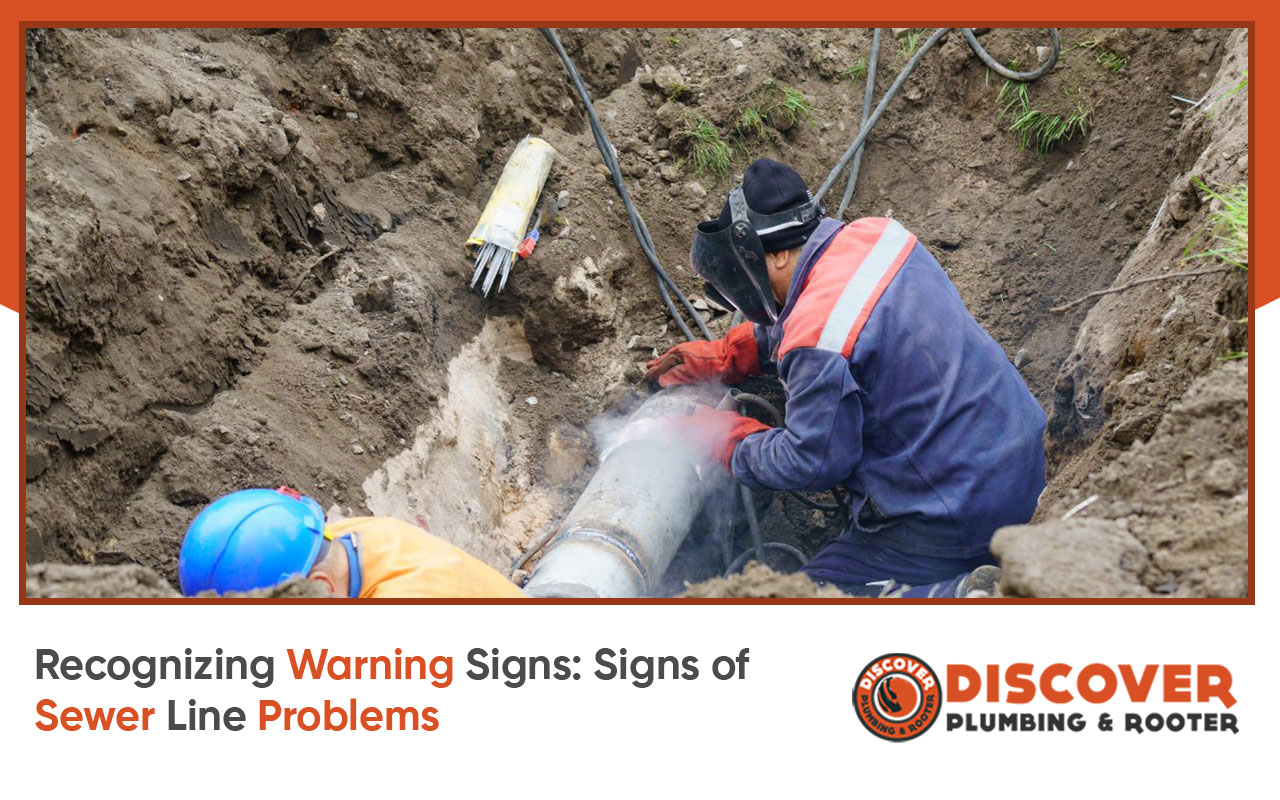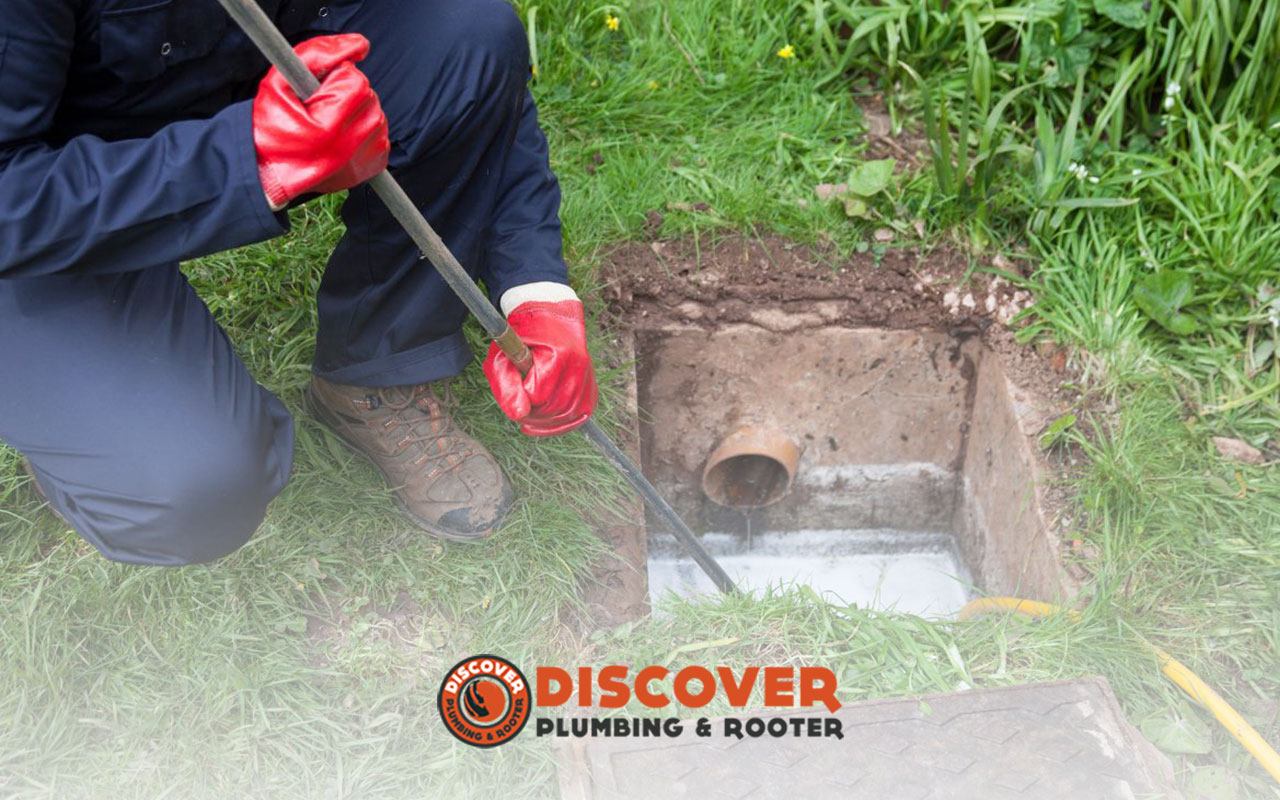
Recognizing Warning Signs: Signs of Sewer Line Problems
In this Article:
Persistent Drain Problems: Signs of Sewer Line Problems
Unusually Lush Patches in the Yard
Tips, Facts, and Questions: Signs of Sewer Line Problems
Some concerns in the complicated realm of house upkeep demand prompt attention to avoid significant damage. Sewer line problems are a critical worry that sometimes goes undiscovered until they become serious. In this investigation, we’ll look for subtle signs of sewer line problems. Understanding these warning signs is critical for preventative house maintenance, potentially saving you time and money.
Keep reading!
Signs of Sewer Line Problems
Seer line issues often begin small, with inconspicuous signs that may be overlooked until they escalate. Let’s delve into the early clues that might indicate your sewer line is signaling trouble.
Persistent Drain Problems: Signs of Sewer Line Problems
Persistent drain problems are one of the first symptoms of probable sewer line concerns. If several drains in your home take a long time to empty or if you hear strange noises when using sinks, showers, or toilets, it could be a symptom of a sewage line obstruction. Recognizing these early aural and visual clues can result in immediate intervention.
Unpleasant Odors
The unexpected appearance of bad smells, particularly near drains, might be a warning sign of sewer line problems. These odors are frequently caused by sewage gasses leaking through gutters. While drain traps are intended to prevent unpleasant odors, a faulty sewer line can bypass this defense mechanism.
Water Backups
Experiencing water backups in various plumbing fixtures is another sign of potential sewer line issues. If water from one fixture backs up into another, or if you notice water coming into a basement drain or bathtub after flushing a toilet, it could indicate a blockage or breakage in the sewer line.
Unusually Lush Patches in the Yard
Sewer line problems can sometimes be detected outside of your home. An abnormally lush and green patch in your yard could indicate a sewer line leak, especially if the surrounding area is dry. The nutrient-rich wastewater is a fertilizer, encouraging rapid growth in a given area.
Tips, Facts, and Questions: Signs of Sewer Line Problems

Regular Inspections Are Required
Regular professional inspections might help detect potential sewer line problems before they worsen.
Keep an Eye on What Goes Down the Drain
Educating household members on correct disposal techniques can minimize the likelihood of sewage line problems greatly. Non-biodegradable goods and excessive grease should not be flushed down drains.
Sewer lines and trees
Tree roots frequently cause sewer line problems. Knowing where your sewer lines are and planting trees away from them can help prevent root intrusion.
Proactive Measures for Sewer Line Health
Taking proactive measures can mitigate the risk of sewer line problems:
Regular Professional Inspections
Regular inspections by professionals with advanced diagnostic instruments can detect problems early on, saving severe harm.
Mindful Disposal Practices
To avoid clogs and blockages caused by non-biodegradable objects, excessive grease, and other possible risks, educate family members on correct disposal methods.
Strategic Landscaping
Strategic landscaping that considers the position of sewer lines can help reduce root incursion and protect the sewer system’s integrity.
Discover Plumbing Rooter for Your Sewer Line Solutions
Finally, the indicators of sewer line problems are subtle cautions that must be addressed. Ignoring these warning signs can result in significant damage and costly repairs. Discover Plumbing and Rooter understand the significance of a healthy sewer system to the overall health of your home.
If you notice any of these indications or have concerns about your sewer line’s health, please get in touch with us. Discover Plumbing and Rooters’ skilled team is ready to provide professional services to ensure your home’s plumbing systems run smoothly. Contact us immediately, and let’s work together to protect your home’s foundation.
